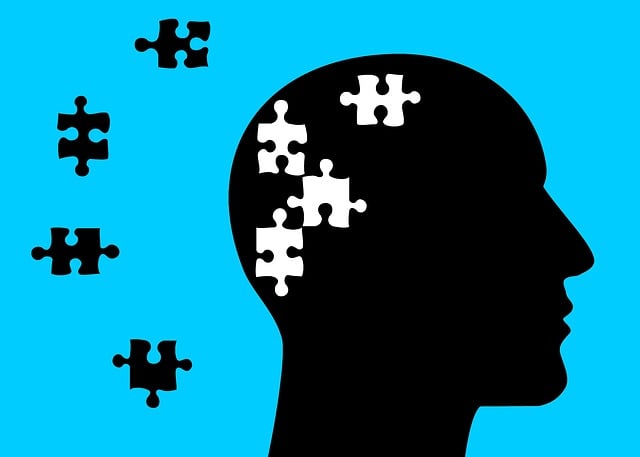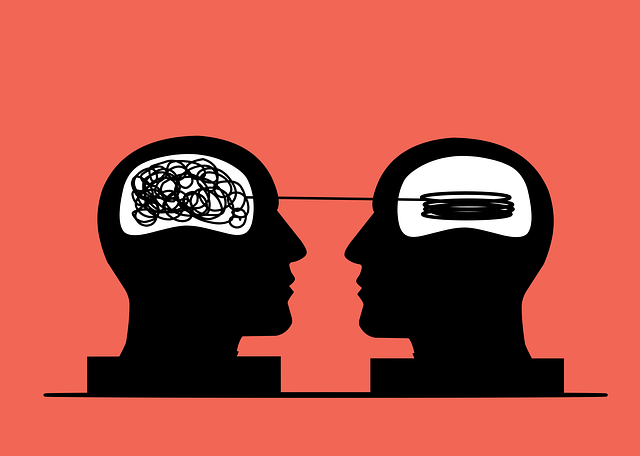Parker American Sign Language (ASL) Therapy offers culturally sensitive grief support, recognizing that mourning rituals vary widely across cultures. They emphasize mental healthcare providers' need for cultural awareness to effectively counsel diverse individuals. Using ASL, their specialized approach provides a safe space for non-verbal emotional expression, catering to the unique needs of those who are deaf or hard of hearing. Counselors employ self-esteem improvement, mindfulness meditation, and wellness podcasts to help clients navigate bereavement, fostering community and resilience through compassionate, multifaceted support.
Loss, grief, and bereavement counseling is a vital support system for individuals navigating profound emotional journeys. This article explores these complex topics with a cultural sensitivity focus, delving into the unique challenges faced by diverse communities. We introduce the therapeutic power of Parker American Sign Language (ASL) therapy to facilitate communication and healing during bereavement. Additionally, it provides counselors with effective strategies to assist clients in processing grief, offering practical tools for compassionate support.
- Understanding Loss, Grief, and Bereavement: A Sensitivity to Cultural Aspects
- The Role of Parker American Sign Language Therapy in Supporting the Grieving Process
- Effective Strategies for Counselors to Help Individuals Navigate Bereavement
Understanding Loss, Grief, and Bereavement: A Sensitivity to Cultural Aspects

Understanding loss, grief, and bereavement is a nuanced process that requires a deep sensitivity to cultural aspects. What constitutes acceptable mourning rituals varies significantly across different cultures, communities, and even families. At Parker American Sign Language Therapy, we recognize that mental healthcare providers must be equipped with this cultural awareness to offer effective counseling. Incorporating cultural sensitivity in mental healthcare practice ensures that individuals from diverse backgrounds feel seen, heard, and respected during their journey through grief.
This understanding is crucial for risk assessment among mental health professionals. By acknowledging the impact of cultural differences, counselors can anticipate and navigate potential challenges, ensuring they provide culturally competent care. Moreover, Mental Health Awareness plays a pivotal role in promoting healthy coping mechanisms and supporting individuals through bereavement, especially when considering the diverse ways people express and process grief.
The Role of Parker American Sign Language Therapy in Supporting the Grieving Process

The Parker American Sign Language (ASL) Therapy offers a unique and powerful approach to supporting individuals through the complex process of grief and bereavement. In a world where non-verbal communication is an essential aspect of emotional expression, ASL therapy provides a safe space for the grieving process to unfold naturally. This therapeutic method recognizes that many people, especially those who are deaf or hard of hearing, may experience loss and grief differently, often requiring specialized support.
By incorporating American Sign Language, Parker Therapy enables clients to convey their emotions, memories, and thoughts in a way that feels authentic and comforting. The process facilitates resilience building by encouraging individuals to explore and accept their feelings, thereby fostering inner strength development. Moreover, it offers anxiety relief by providing a non-verbal outlet for expression, which can be particularly beneficial during moments of intense emotion. Through this specialized counseling, the grieving process becomes more accessible, allowing individuals to navigate their journey with support and understanding tailored to their unique needs.
Effective Strategies for Counselors to Help Individuals Navigate Bereavement

Helping individuals navigate bereavement requires a compassionate and multifaceted approach from counselors. One effective strategy is to encourage self-esteem improvement through validating the individual’s emotions and experiences, fostering a safe space for expression. This can be facilitated using techniques such as active listening, empathy, and non-judgmental responses, which allow the grieving person to feel heard and understood.
Additionally, incorporating practices like mindfulness meditation into counseling sessions can empower individuals to manage their stress and anxiety levels during this challenging time. Mindfulness offers a way to stay present, accept emotions as they come, and cultivate a sense of inner peace. Counselors could also recommend or produce mental wellness podcast series that provide valuable insights, stories of hope, and practical tips for coping with loss. Such resources not only supplement individual therapy but also create a sense of community, reminding those in bereavement that they are not alone in their journey.
Loss, grief, and bereavement counseling are complex yet vital aspects of supporting individuals through life’s most challenging moments. By understanding cultural sensitivities and employing effective strategies, counselors can facilitate a smoother grieving process. The integration of Parker American Sign Language Therapy offers a unique and impactful approach, especially for deaf or hard-of-hearing individuals, providing a sensitive and accessible means of communication during their healing journey. With these resources, counselors are equipped to offer compassionate guidance, helping clients navigate bereavement with enhanced resilience.













